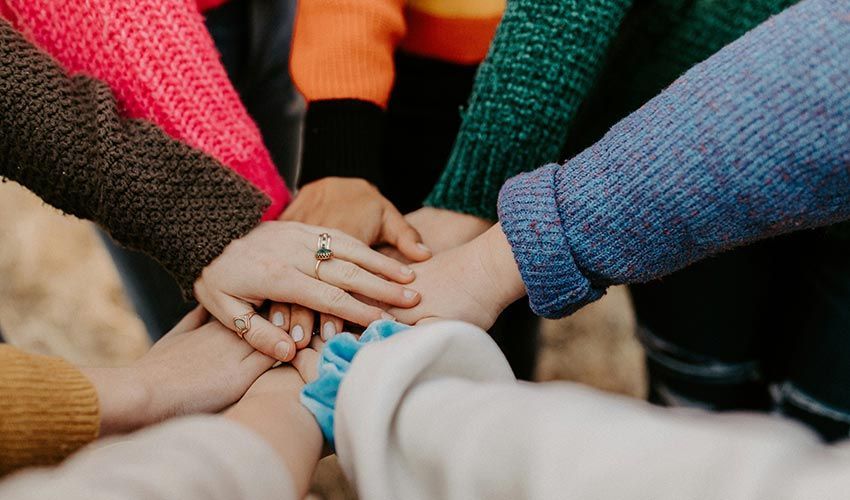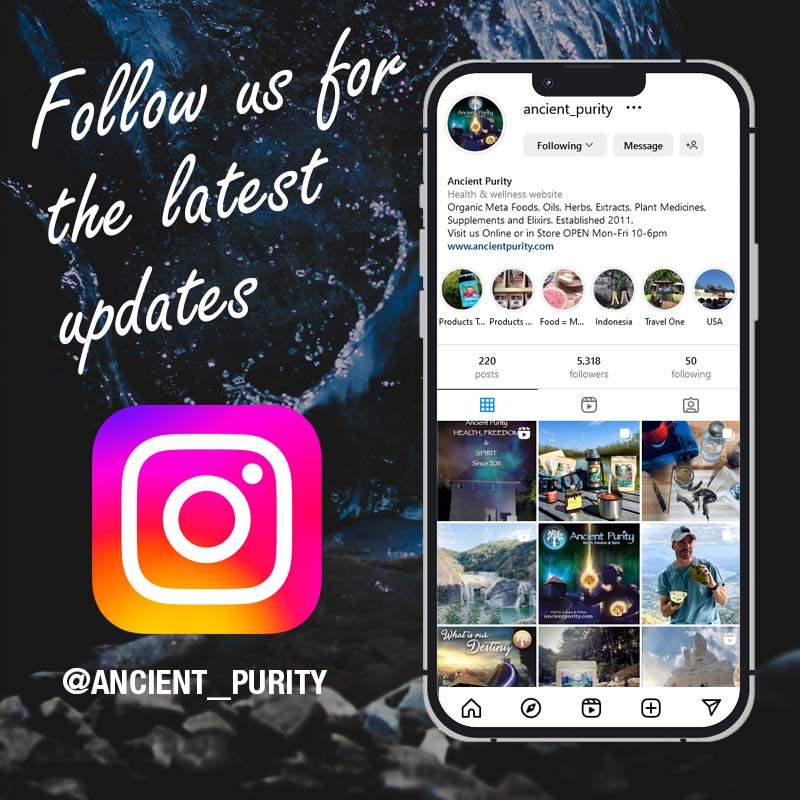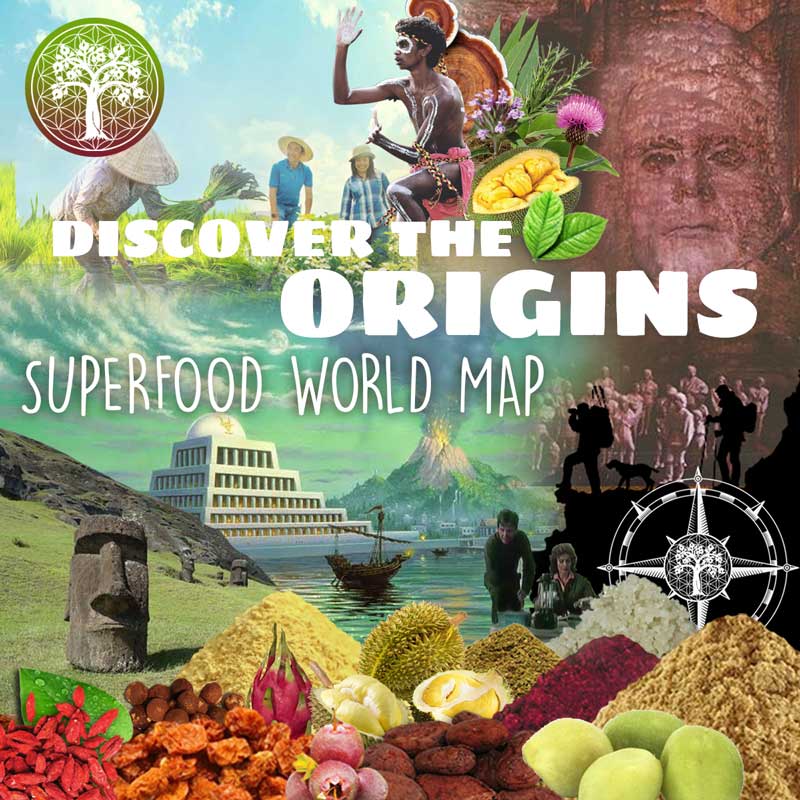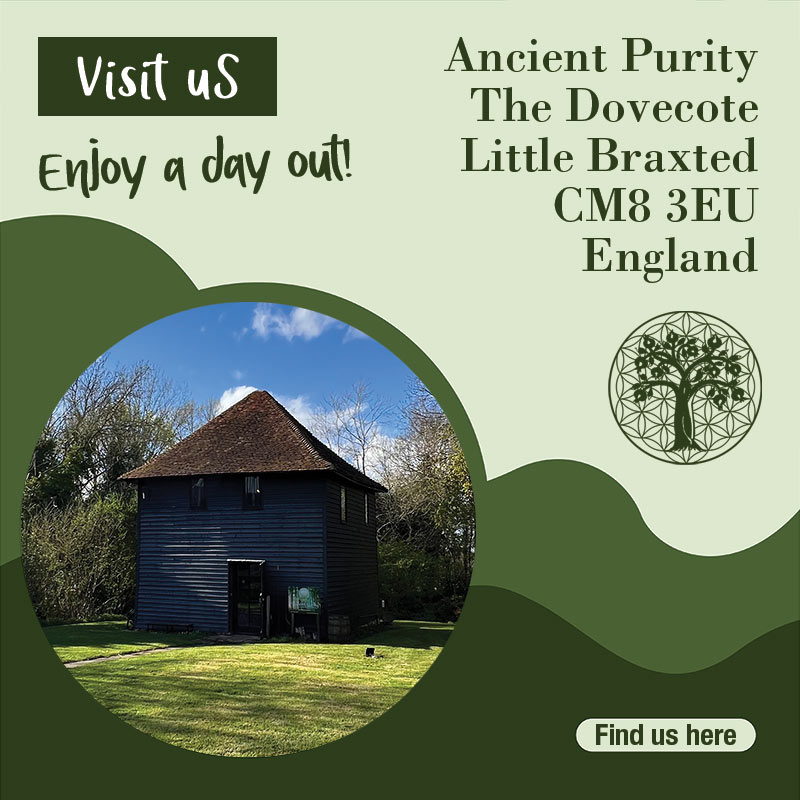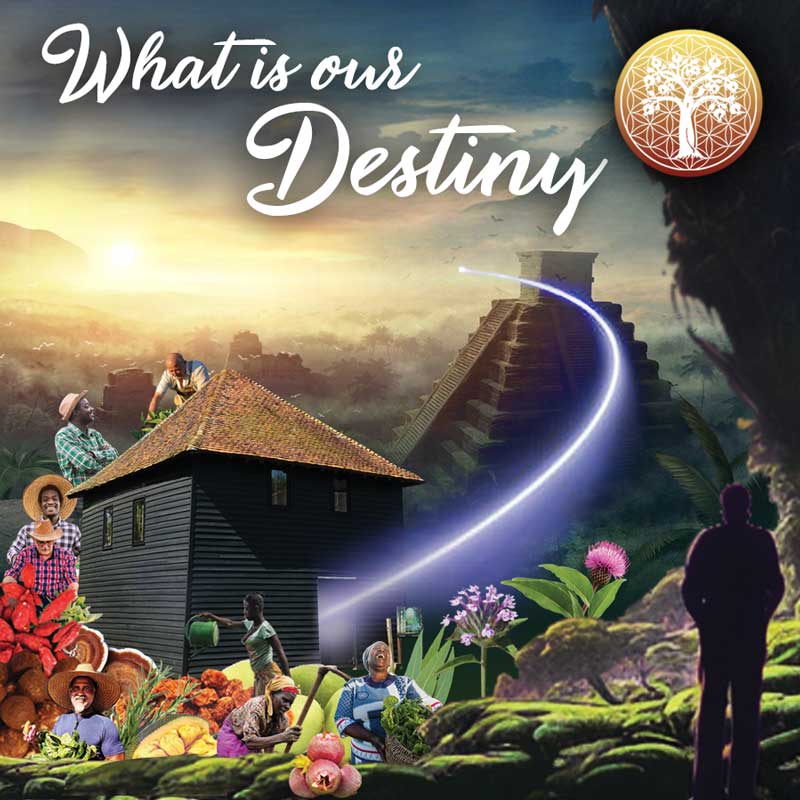Better Together: The Power of Community
In an increasingly interconnected world, the significance of community stands as a beacon of hope and resilience. From small rural villages to sprawling urban neighbourhoods, the power of community binds individuals together, offering support, fostering a sense of belongingness, and catalysing positive change. In examining the essence of community, one uncovers a tapestry woven with threads of solidarity, empathy, and shared purpose.
At its core, community embodies the collective strength derived from the unity of such diverse individuals. It transcends geographical boundaries, cultural differences, and socioeconomic disparities, forging bonds that transcend our individualism. Whether it's a neighbourhood association, an online support group, or a global movement, communities provide a platform for individuals to come together, pooling their resources, talents, and experiences for the greater good. Throughout this article we will explore a variety of ideas and notions of community and its true meaning, so hopefully by the end of it, you’ll be wanting to start your own/find your own tribe!
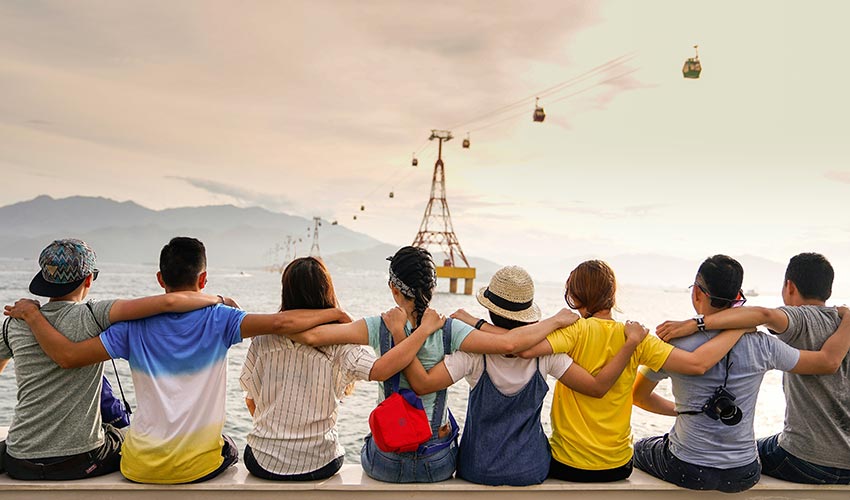
So What Is Community?
One of the most profound aspects of community lies in its ability to nurture a sense of belongingness. In a world often characterised by isolation and alienation, belonging to a community imbues individuals with a sense of identity and purpose. It offers a sanctuary where people can share their joys, sorrows, and aspirations without fear of judgment. This sense of belonging not only enriches individual lives but also strengthens the fabric of society, fostering empathy, compassion, and inclusivity.
Communities serve as incubators for personal and collective growth. Through collaborative endeavours and shared experiences, individuals within a community have the opportunity to learn, evolve, and thrive. Whether it's through mentorship programs, skill-sharing workshops, or grassroots initiatives, communities provide a fertile ground for innovation and empowerment. By harnessing the collective wisdom and talents of its members, communities can tackle complex challenges, drive meaningful change, and create a more fair and equal world.
The power of community becomes particularly evident in times of adversity. Whether facing natural disasters, economic downturns, or social injustices, communities often rally together to provide support and assistance to those in need. Acts of kindness, solidarity, and altruism abound, demonstrating the resilience and strength that emerge when individuals unite for a common cause. In the face of adversity, communities become beacons of hope, shining light in the darkest of times and inspiring others to come together.
Furthermore, communities play a pivotal role in fostering social cohesion and bridging divides. By bringing together individuals from diverse backgrounds and perspectives, communities promote understanding, dialogue, and mutual respect. They serve as laboratories for social experimentation, where differences are celebrated rather than vilified. Through open communication and collaboration, communities have the power to break down barriers, dismantle prejudices, and build a more inclusive society.
In essence, the power of community lies in its ability to transform individuals into agents of change and catalysts for progress. By fostering belongingness, nurturing personal growth, and promoting solidarity, communities have the potential to shape a brighter future for generations to come. As we navigate the complexities of the modern world, let us embrace the power of community as a guiding force, reminding us of our interconnectedness and our shared humanity. For in unity, there is strength, and in community, there is hope.
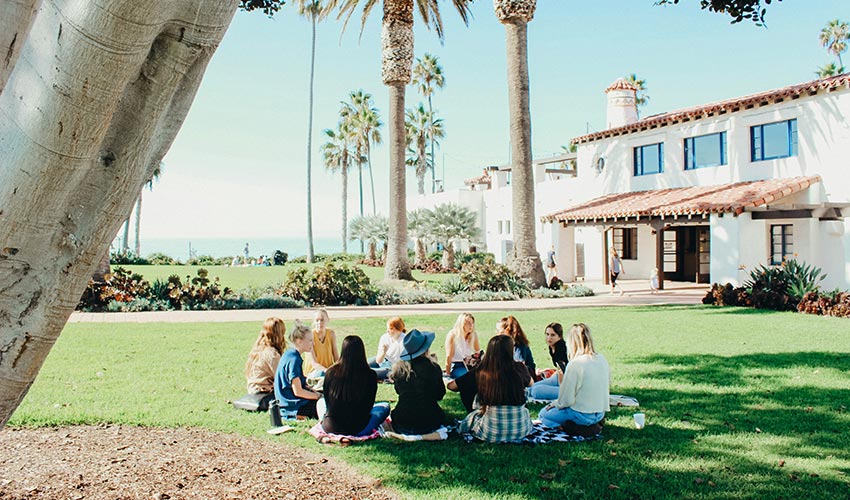
Our Ancestors
Our ancestors, throughout history, exemplified the power of collaboration and community in their everyday lives. From the earliest human societies to more complex civilizations, working together was not just a choice but a necessity for survival and progress. Here's how our ancestors embraced the ethos of community in their endeavours:
Hunter-Gatherer Communities:
In prehistoric times, hunter-gatherer communities relied on cooperation and collective effort for survival. Individuals within these groups worked together to hunt for food, gather resources, and protect one another from predators and other threats. The division of labour based on gender and age ensured that each member contributed to the well-being of the group, whether through hunting, gathering, childcare, or crafting tools and shelters.
Agricultural Societies:
The advent of agriculture marked a significant shift in human civilization, leading to the rise of settled communities and the cultivation of crops. In agricultural societies, individuals collaborated on tasks such as planting, harvesting, and irrigation, which required coordinated efforts and mutual support. Villages and farming communities formed tight-knit social networks, where neighbours relied on one another for assistance during planting and harvest seasons.
Craftsmanship & Trade:
As societies became more complex, specialised skills emerged, leading to the rise of craftsmen, artisans, and tradespeople. These individuals often worked together in guilds or workshops, sharing knowledge, techniques, and resources to produce goods and commodities. Trade networks facilitated the exchange of goods between communities, fostering interdependence and cooperation across regions and cultures.
Building Communities:
The construction of monumental structures such as temples, pyramids, and city walls required the collective labour of hundreds or even thousands of individuals. Ancient civilizations like the Egyptians, Mesopotamians, and Mayans mobilised their populations to undertake massive building projects, demonstrating the power of collective action and communal effort in shaping the built environment.
Rituals & Ceremonies:
Rituals and ceremonies played a central role in ancient societies, serving as occasions for communal gathering, storytelling, and cultural expression. Whether celebrating harvest festivals, religious rites, or seasonal ceremonies, these events brought communities together, reinforcing social bonds and shared identities.
Governance & Decision-Making:
In many traditional societies, decision-making was a communal affair, with elders, chiefs, or councils guiding the affairs of the community through consensus and collective wisdom. Participatory forms of governance ensured that community members had a voice in shaping their collective destiny, fostering a sense of ownership and responsibility.
Resilience in Times of Adversity:
Throughout history, communities have faced various challenges, including natural disasters, famine, warfare, and epidemics. In times of crisis, solidarity and mutual aid became crucial survival strategies, as individuals banded together to provide support, assistance, and refuge to those in need.
Our ancestors' reliance on community and collaboration laid the foundation for human civilization and progress. By working together, they achieved feats of ingenuity, resilience, and creativity that continue to inspire us today. As we reflect on their legacy, we are reminded of the enduring value of community in enriching our lives, strengthening social bonds, and building a more just and sustainable world.

Living in Community & Working Together
Living in a community offers a plethora of benefits that contribute to individual well-being, social cohesion, and collective progress. This isn’t suggesting selling up everything and living in a commune, it doesn’t necessarily have to be this (although I’ve definitely considered this over the last few years!), it can also mean being involved with your local community and your neighbours. Or for quite a lot of us, this could simply mean your family/friendship groups. Here are some key advantages:
Sense of Belonging:
Community provides a sense of belongingness and identity. Being part of a community fosters connections with others who share common values, interests, or experiences, reducing feelings of isolation and loneliness.
Social Support:
Communities offer a support network where individuals can seek assistance, guidance, or emotional comfort in times of need. Whether it's through informal networks of friends and neighbours or formal support groups and organisations, communities provide a safety net that promotes resilience and well-being.
Shared Resources:
Living in a community allows for the pooling and sharing of resources. From communal spaces like parks and libraries to shared amenities such as tool libraries or community gardens, communities enable residents to access resources that may be otherwise unavailable or unaffordable.
Opportunities for Collaboration:
Communities provide a platform for collaboration and collective action. Whether it's organising community events, advocating for local causes, or undertaking neighbourhood improvement projects, living in a community allows individuals to work together towards common goals, fostering a sense of empowerment and efficacy.
Cultural Enrichment:
Communities are often rich in cultural diversity, offering opportunities for exposure to different perspectives, traditions, and lifestyles. Through cultural events, festivals, and celebrations, residents can learn from one another, broaden their horizons, and cultivate a greater appreciation for diversity.
Validation & Feedback:
Feedback and validation from others play a crucial role in shaping our self-perception and identity. Positive feedback reinforces our strengths and accomplishments, while constructive criticism helps us identify areas for growth and improvement.
Sense of Security:
Living in a close-knit community can enhance feelings of safety and security. Strong social connections and neighbourly bonds create a supportive environment where residents look out for one another, deter crime, and promote vigilance.
Health Benefits:
Research has shown that community engagement and social connections have a positive impact on physical and mental health. Being part of a community can reduce stress, lower the risk of depression, and contribute to overall well-being by providing opportunities for social interaction and support.
Empathy & Compassion:
Empathy and compassion are essential qualities that enable us to understand and connect with others on an emotional level. By empathising with others' experiences and showing compassion towards their struggles, we foster deeper connections and create a more caring and empathetic society.
Sense of Pride & Identity:
Communities often foster a sense of pride and identity among residents. Whether it's pride in one's neighbourhood, town, or cultural heritage, living in a community can instil a sense of ownership and responsibility, encouraging residents to contribute to its well-being and development.
Legacy & Impact:
Our interactions with others leave a lasting impact on the world around us. Whether through our relationships, contributions, or acts of kindness, we shape the lives of those we encounter and leave behind a legacy that extends beyond our individual existence.
Brainstorming & Innovation:
Collaborative environments foster creativity and innovation through brainstorming sessions, idea sharing, and constructive feedback. The collective input of team members can lead to novel solutions, breakthroughs, and out-of-the-box thinking.
Opportunities for Civic Engagement:
Communities provide opportunities for civic engagement and participation. Whether it's through local government, community organisations, or grassroots initiatives, residents can have a voice in shaping the policies, services, and decisions that affect their lives.
Environmental Sustainability:
Living in a community promotes environmental sustainability through shared resources, reduced consumption, and collective action. Communities can implement eco-friendly initiatives such as recycling programs, energy-saving projects, and sustainable transportation options, contributing to a greener and more sustainable future.
Living in a community offers a multitude of benefits that enhance quality of life, foster social connections, and promote collective well-being. By embracing the strengths of community living, individuals can find support, fulfilment, and a sense of belonging that enriches their lives and strengthens the fabric of society.
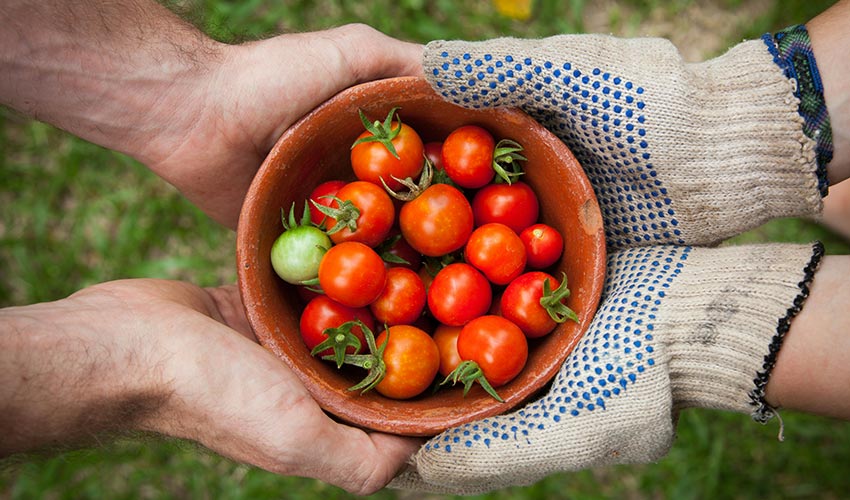
Tarot: We Are The World
I have owned a beautiful tarot deck for a number of years now, and it’s called ‘Zen Tarot’ by Osho. There is a card in the deck that has always stood out for me and its title is “We are the World”. It is the last card in the deck, and that in itself holds profound meaning. Humanity in this card is shown as a ‘rainbow’ of beings dancing around a Mandala of the Earth, holding hands, together in joy and gratitude for the ‘gift of life’ itself. This card is said to represent a time of communication and of sharing the riches that each individual brings to the whole – “It is a circle without fear of feelings of inferiority or superiority”. This card recognises and highlights the common source of our humanity and the common origins of our dreams, our longings, and our hopes and fears. We are able to see that we are all in fact joined as one in the great miracle of existence. When we can each combine our own individual inner wealth to create love and wisdom that is available to all, we find that we are linked together in this magnificent pattern of ‘eternal creation’.
Here is the description to the card:
“When thousands and thousands of people around the earth are celebrating, singing, dancing, ecstatic, drunk with the divine, there is no possibility of any global suicide. With such festivity and with such laughter, with such sanity and health, with such naturalness and spontaneity, how can there be a war? Life has been given to you to create, and to rejoice, and to celebrate. When you cry and weep, when you are miserable, you are alone. When you celebrate, the whole of existence participates with you. Only in celebration do we meet the ultimate, the eternal. Only in celebration do we go beyond the circle of birth and death”.
We are all breathing in each other. We share the same atmosphere. We pour into one another energies. We share energies. Have you ever been around someone who is lit up and just their presence lights you up too? On the other flip of the coin, have you ever been around someone who is so negative and miserable that you too become miserable and you leave them feeling drained and sluggish? We share energies. We really are all the same, sharing the same fears, the same consciousness, the same love; we just all have different expressions. When we accept that we are no better or no worse than our neighbour, we can cultivate a level of compassion that can enable us to look at others with a sense of understanding and see them not as strangers, but as our equal. We “celebrate” together.
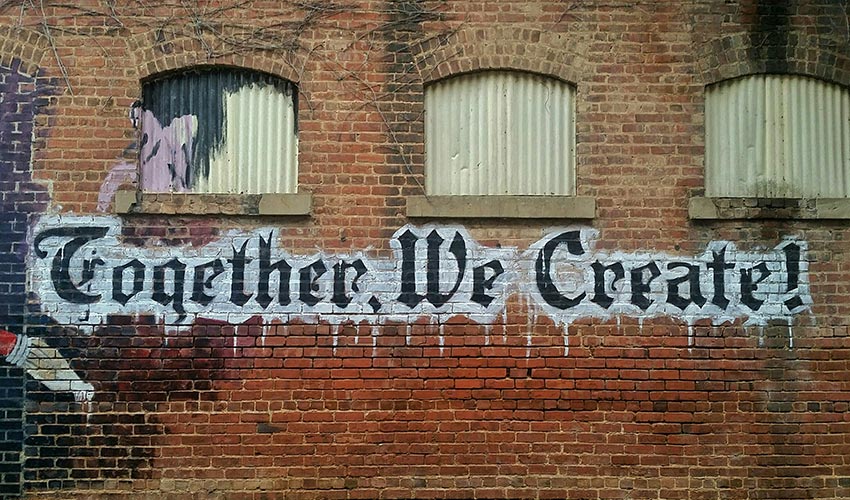
Our need for each other stems from our innate desire for connection, support, and collaboration. We are all looking for someone to love, and to BE loved. By recognising and embracing our interdependence, we can cultivate stronger relationships, foster empathy and compassion, and create a more interconnected and supportive community. We are better together because collaboration taps into the collective wisdom, strength, and potential of humanity. By working together, we can achieve more, support one another, and create a brighter future for ourselves and generations to come. We’re better together because together, we rise.
“Individually we are one drop. Together, we are an ocean” – Ryunosuke Satoro
“As we work to create light for others, we naturally light our own way” – Mary Anne Radmacher





